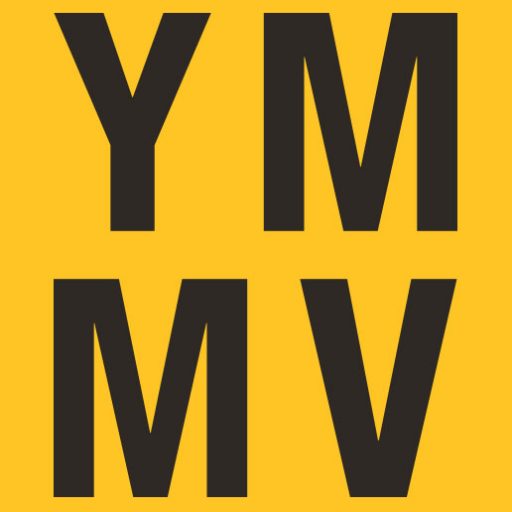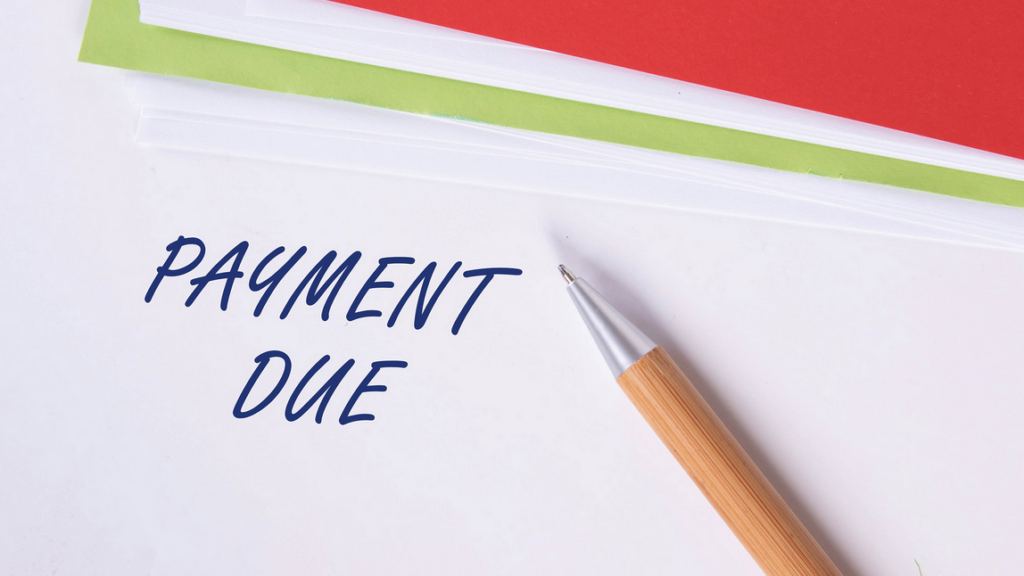Decades ago, if you wanted to stay at a hotel, you’d pay with a check, traveler’s checks or cash. Believe it or not, there are a handful of hotels (like these) that still accept cash. Even fewer will accept traveler’s checks as payment (but traveler’s checks are still out there!). And how many people still write checks, anyway???
Assuming you’re using a credit card for payment, sometimes it’s important for you to know when a hotel will charge you for your stay. Will it be when you make the reservation, even if your stay is months away? A few days before you check in? When you check in? When you check out? There are actually a lot of variations in how and when hotels handle credit card charges. Those differences can even be within a single hotel brand or third-party booking website.
If you book directly with the hotel
Some people prefer to book directly with the hotel. There are some pros and cons to doing this. Whether or not booking directly with the hotel is worth it is a Your Mileage May Vary sort of thing.
Many hotel chains (i.e. Hyatt, IHG, Marriott) have several properties/brands under their respective umbrellas, and each of those may have different policies for billing. So when your credit card will be charged will depend on which property you book with.
Other hotels have general billing policies with only slight variations. For example, most Hilton properties require a credit or debit card number to hold the room, but they won’t actually charge your card until you check-in. That being said, Hilton’s customer service says that a deposit (read: charge of the first night) is required to reserve a room at some Hilton properties.
Generally speaking, booking directly through a hotel requires a credit card number (or debit – these hotels accept debit cards as well as credit cards), but as seen from the examples above, that doesn’t mean every hotel will charge your card immediately. Most hotels have what’s called a “credit card guarantee,” so if you don’t show up for your reservation, the hotel reserves the right to charge your card for all or part of your stay. It’s sort of like an insurance policy that they’ll get paid for your stay if you don’t cancel ahead of time.
Some hotels do require a deposit to hold rooms, but they won’t charge you the full amount of your stay until you check in. Others may wait until you check out to charge your credit card.
In some cases, a hotel may not require you to pay at the time of booking, but may still require an upfront payment as the time for your stay gets closer. In cases like that, the hotel might charge your credit card between 24 and 72 hours before your reservation is set to begin. For certain reservations, hotels may state that a reservation is nonrefundable starting 24 to 72 hours before your check-in. In that case, that’s probably when the hotel will charge your credit card.
And, of course, if you need to be charged for incidentals or damage, they can still charge you for those after you leave.
If you’re booking directly with the hotel, aren’t 100% sure of when your hotel will charge your credit card, and want to know, the best thing to do is call the hotel directly and ask.
If you book with an online travel agent/OTA
The internet has made for an explosion of online travel agents. Over the years the likes of third-party websites like Expedia, Priceline, Booking.com, Adoga, Travelocity, etc. have become household names.
If you book a hotel room through one of these OTAs, they usually require you to pay in full when you make your reservation. In fact, if you get a discounted rate, that kind of payment in advance is almost always the case (heads up that they’re also often non-refundable).
Feature Image: Marco Verco Professional … / flickr / CC BY 2.0
Want to comment on this post? Great! Read this first to help ensure it gets approved.
Want to sponsor a post, write something for Your Mileage May Vary, or put ads on our site? Click here for more info.
Like this post? Please share it! We have plenty more just like it and would love it if you decided to hang around and sign up to get emailed notifications of when we post.
Whether you’ve read our articles before or this is the first time you’re stopping by, we’re really glad you’re here and hope you come back to visit again!
This post first appeared on Your Mileage May Vary
Join our mailing list to receive the latest news and updates from our team.

